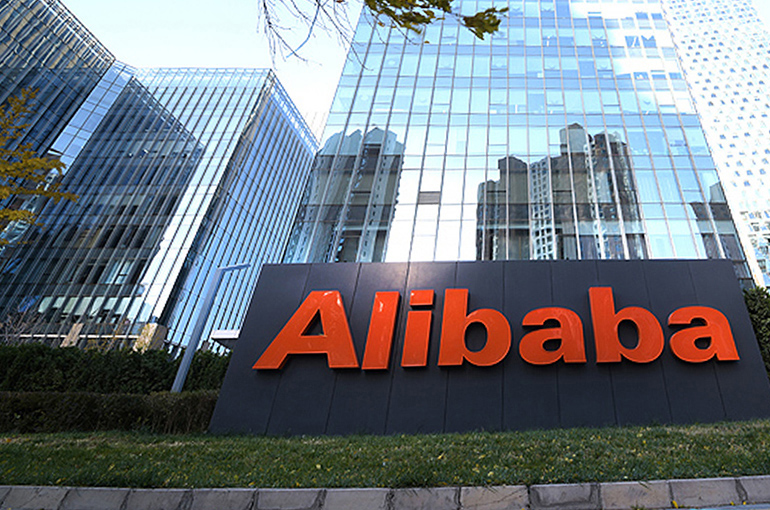 Alibaba’s Stock Jumps After Chinese Tech Titan Shares AI Advances, Lifts AI Spending
Alibaba’s Stock Jumps After Chinese Tech Titan Shares AI Advances, Lifts AI Spending(Yicai) Sept. 24 -- Alibaba Group Holding's shares climbed after the Chinese internet giant shared its latest achievements in artificial intelligence, raised its investment in AI, and promised to make its large language models the operating system of the AI era.
After touching an almost four-year high of HKD174.90 (USD22.49) shortly before the close of trading in Hong Kong today, Alibaba [HKG: 9988] ended 9.2 percent up at HKD174 a share, doubling its value so far this year. In pre-market trading in New York, its stock [NYSE: BABA] was 9.3 percent up at USD178.25 as of 6.27 a.m. local time.
Along with unveiling its largest-ever LLM at the firm’s annual Apsara Conference for developers today, Alibaba also revealed plans to invest CNY380 billion (USD53.3 billion) in AI and cloud infrastructure over the next three years and promote the arrival of the super-AI era through saturated investment. That is an increase on a February commitment to spend more than USD50 billion.
In addition to the Qwen3-Max model, with over 1 trillion parameters, the Hangzhou-based company released other new members of the Qwen3 family that cover visual language and multimodal processing at the event.
“In the future, large AI models will be deeply integrated into a wide range of devices, functioning like operating systems, equipped with persistent memory, seamless cloud-edge coordination, and the ability to continuously evolve," Chief Executive Eddie Wu said.
“We remain committed to open-sourcing Qwen and shaping it into the 'OS of the AI era,' empowering developers around the world to build transformative AI applications,” he said.
Since the launch of Qwen's first generation in 2023, Alibaba has made over 300 AI models open source, with more than 600 million downloads and over 170,000 derivative models created, according to the company. In excess of 1 million businesses and individuals have used Qwen on Model Studio, Alibaba's AI development platform, it added.
Joining Alibaba’s latest AI releases was Fun, a family of LLMs equipped with advanced multilingual speech recognition and synthesis capabilities, and Lingyang AgentOne, a one-stop enterprise AI application platform that enables organizations to move from reactive response to proactive intelligence.
AI adoption will exceed that of all other technologies in history, Wu noted, adding that AI models will run on all computing devices, and users from all walks of life will perform tasks using model-related tools, and natural language may become the programming language of this era.
The computing industry will shift to being centered around graphics processing units from central processing units and be driven by AI models, which will require an ultra-large-scale infrastructure and full-stack technologies, Wu said. There might only be five to six super cloud computing platforms worldwide, he added.
Editors: Dou Shicong, Martin Kadiev